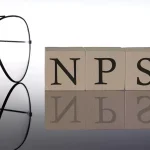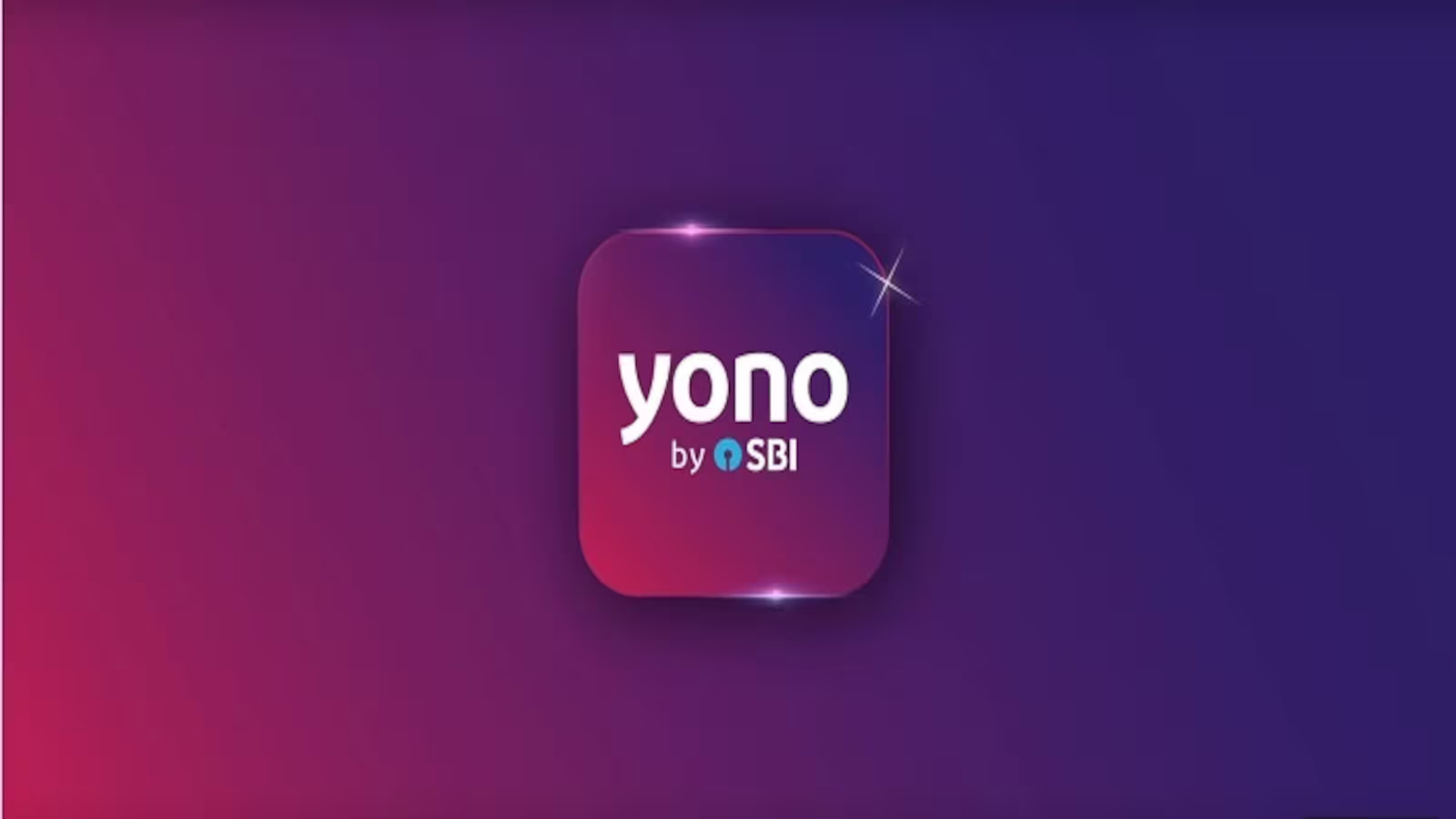As an international student enrolled in a US university, you have likely faced numerous hurdles adjusting to academic life in a new country. One significant challenge is adapting to the rigorous writing standards American colleges demand. There is an immense emphasis on scholarly writing abilities – students must exhibit subject mastery and support claims with credible evidence.
For students from countries focused heavily on rote learning and teacher-centric classrooms, this can be a monumental struggle. This 2000 word guide aims to assist international pupils in navigating academic writing in the US by providing tips on:
- Properly citing sources
- Avoiding plagiarism
- Using AI tools judiciously
- Consulting professors during office hours
- Visiting university writing centers
- Reading academic works widely
- Exercising patience and persistence
The Vital Importance of Citing Sources
In US colleges, correctly citing sources when utilizing another scholar’s ideas, words, or other work is mandatory. This applies to all materials, including books, journal articles, websites, and even conversations. Proper citations avoid plagiarism, which involves presenting someone else’s work as your own original content.
Plagiarism has severe repercussions, including failing assignment grades, course failure, suspension, expulsion, and rescinded degrees. Some view it as intellectually dishonest theft. Because of this cultural attitude, mastering source attribution is essential.
Methods to Cite Sources
There are several citation formats, but the most common are APA, MLA, and Chicago. Referencing styles have subtle differences, but all require in-text citations and full references. Ask your professor which format is preferred before beginning assignments.
In-text citations are placed next to the source content in the body text. These include the author’s last name, publication year, and page numbers for direct quotes. Full references go on a separate final page. Formats dictate reference order, punctuation, and other specifics.
Online citation generators easily create properly formatted citations and references. However, it’s wise to also understand the standards rather than wholly relying on tools.
Strategies for Avoiding Plagiarism
Here are some key methods for ethically utilizing sources and steering clear of accidental plagiarism:
Careful Note-taking
When researching, carefully record relevant details on each source, like the author, title, publication date, and publisher. Note whether the information is paraphrased, directly quoted, or summarized.
Paraphrasing
Put source excerpts in your own words. Alter the sentence structure and vocabulary while preserving the meaning. However, brief unique phrases don’t require paraphrasing.
Direct Quotes
If duplicating a passage verbatim, use quotation marks and cite the author, year, and page number. Quotes longer than 40 words should be indented as block text without quotation marks.
Crediting Information
Even if you don’t directly quote a source, cite the author and year if the content isn’t common knowledge or derives from another’s work. Provide citations for statistics, ideas, theories, and other facts requiring attribution.
With careful research habits and attribution practices, plagiarism can be readily avoided.
Using AI Tools Judiciously
AI writing tools are surging in popularity and can help streamline certain aspects of academic writing. However, international students should use discernment and integrity when leveraging these technologies:
- Don’t use AI tools to generate entire essays or passages. The software may incorporate plagiarized content or text that doesn’t align with assignment guidelines.
- Don’t utilize paraphrasing tools without comprehension. Blindly copying AI-paraphrased sentences remains intellectually dishonest.
- Do use AI wisely for reviewing grammar, suggesting source materials, and catching accidental plagiarism.
When thoughtfully integrated, AI technologies like plagiarism checkers, citation generators, and grammar checking tools can bolster writing skills. But allowing algorithms to displace genuine learning undermines academic advancement.
Tips for Meeting With Professors
Some international pupils hesitate to consult professors due to shyness, uncertainty about etiquette, or lack of confidence. However, instructors play a vital mentoring role and can provide personalized writing guidance:
- Visit during posted office hours or email to schedule appointments.
- Come prepared with specific questions rather than generalized writing struggles.
- Politely request feedback on drafts or outlines to improve before submission.
- Inquire about paraphrasing, essay structure, topic development, or other concrete issues.
- Take notes on professors’ advice for later review.
Most academics appreciate students who proactively seek to strengthen their work. Office hours provide a valuable opportunity to fill knowledge gaps and get custom writing advice.

Leveraging Your University Writing Center
In addition to subject-specific professors, on-campus writing centers offer another excellent resource. These provide free writing assistance from tutors, usually senior or graduate students. Anyone can benefit from a second set of eyes, so don’t feel shy about visiting.
Writing consultants can help with any phase of composition – choosing topics, structuring drafts, revising work, proofreading, etc. Some centers let you submit drafts online for feedback. The tutors focus wholly on writing, unlike professors balancing other faculty duties.
Take advantage of this free service whenever composition guidance would prove useful. Centers see many international students, so tutors are accustomed to addressing common ESL writing issues.
The Benefits of Reading Academic Works
While perhaps not an intuitive writing tip, reading extensively enhances language command, structures, style, and vocabulary. When perusing scholarly books and journals, take special note of:
- How researchers frame arguments and embed source citations.
- The coherence of content flow and paragraph composition.
- Academic terminology and formal, polished prose.
Immersing yourself in quality writing provides excellent models to emulate in your own work. Over time, you’ll synthesize structures and phrasing into your personal style.
Practical Tips: Patience and Persistence
Finally, have patience with and persist at your writing skills. Progress rarely occurs overnight. But through steady practice and applied effort, international students can thrive:
- Don’t get discouraged by initial difficulties – academic writing fluency requires immense time and dedication.
- Commit to routinely practicing composition, even in small intervals, to incrementally improve.
- Have faith in yourself by adopting a growth mindset centered on possibility rather than limitations.
With grit and resilience, international students can obtain the formidable writing abilities American universities demand. Both patience and persistence are instrumental to this ultimate achievement.
In closing, academic writing significantly impacts university achievement but can challenge international learners. This guide provided tips spanning citation practices, leveraging resources, fundamentals, and healthy mindsets. With resourcefulness and work ethic, international students can excel at US academic writing and realize their educational dreams.













Add Comment